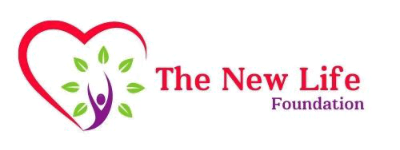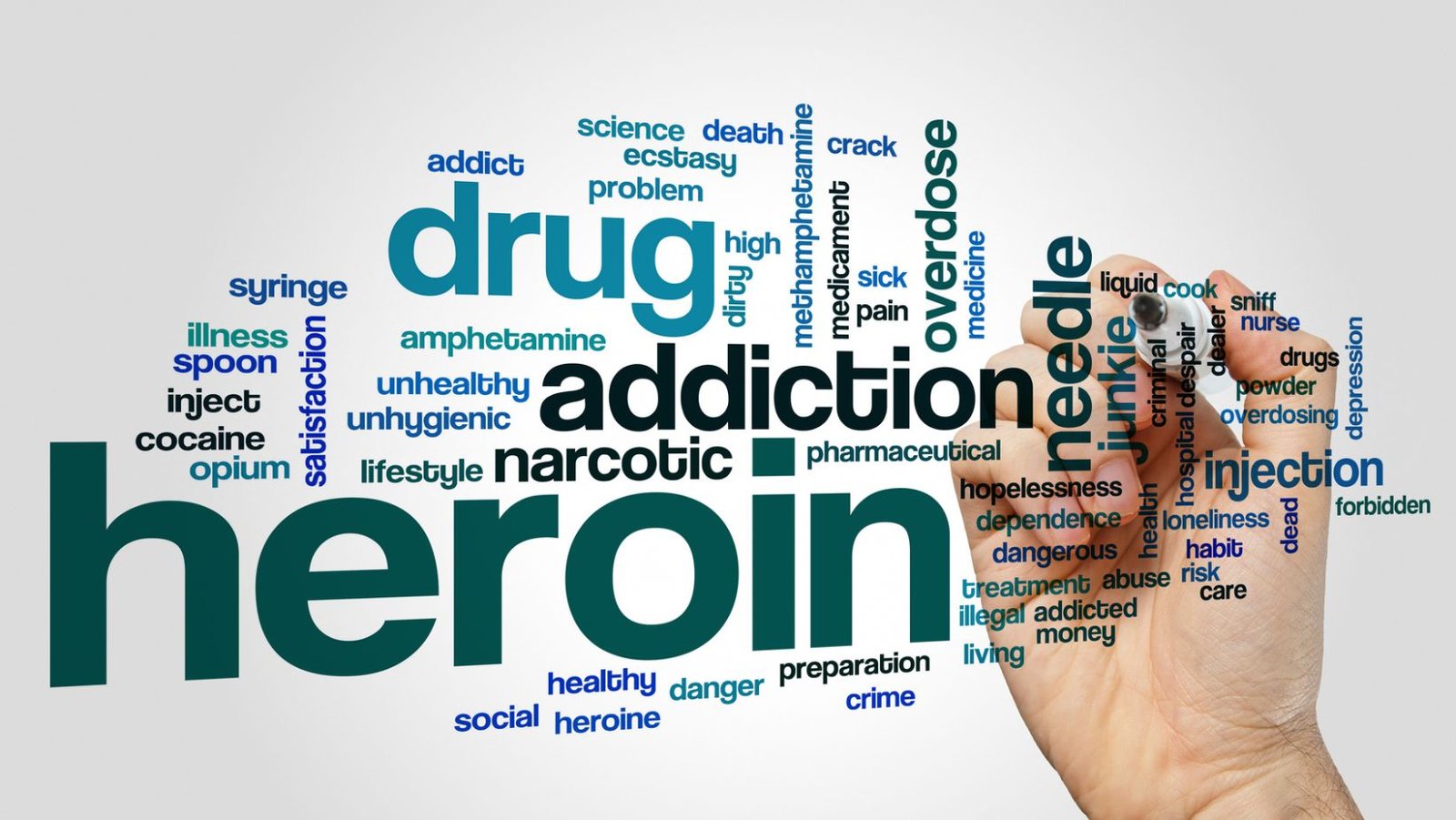Drug addiction, also called substance use disorder, is a disease that affects a person’s brain and behaviour and leads to an inability to control the use of a legal or illegal drug or medication. Substances such as alcohol, marijuana and nicotine also are considered drugs. When you’re addicted, you may continue using the drug despite the harm it causes.
Drug addiction can start with the experimental use of a recreational drug in social situations, and, for some people, drug use becomes more frequent. For others, particularly with opioids, drug addiction begins with exposure to prescribed medications or receiving medications from a friend or relative who has been prescribed the medication.
The risk of addiction and how fast you become addicted varies by drug. Some drugs, such as opioid painkillers, have a higher risk and cause addiction more quickly than others. As time passes, you may need larger doses of the drug to get high. Soon you may need the drug just to feel good. As your drug use increases, you may find that it’s increasingly difficult to go without the drug. Attempts to stop drug use may cause intense cravings and make you feel physically ill (withdrawal symptoms).
You may need help from your doctor, family, friends, support groups or an organized treatment program to overcome your drug addiction and stay drug-free.
Staging an intervention
People struggling with addiction usually deny that their drug use is problematic and are reluctant to seek treatment. An intervention presents a loved one with a structured opportunity to make changes before things get even worse and can motivate someone to seek or accept help.
An intervention should be carefully planned and may be done by family and friends in consultation with a doctor or professional such as a licensed alcohol and drug counsellor, or directed by an intervention professional. It involves family and friends and sometimes co-workers, clergy or others who care about the person struggling with addiction.
During the intervention, these people gather together to have a direct, heart-to-heart conversation with the person about the consequences of addiction and ask him or her to accept treatment.
Prevention
The best way to prevent an addiction to a drug is not to take the drug at all. If your doctor prescribes a drug with the potential for addiction, use care when taking the drug and follow the instructions provided by your doctor.
Doctors should prescribe these medications at safe doses and amounts and monitor their use so that you’re not given too great a dose or for too long a time. If you feel you need to take more than the prescribed dose of a medication, talk to your doctor.
Preventing drug misuse in children and teenagers
Take these steps to help prevent drug misuse in your children and teenagers:
- Communicate. Talk to your children about the risks of drug use and misuse.
- Listen. Be a good listener when your children talk about peer pressure, and be supportive of their efforts to resist it.
- Set a good example. Don’t misuse alcohol or addictive drugs. Children of parents who misuse drugs are at greater risk of drug addiction.
- Strengthen the bond. Work on your relationship with your children. A strong, stable bond between you and your child will reduce your child’s risk of using or misusing drugs.
Preventing a relapse
Once you’ve been addicted to a drug, you’re at high risk of falling back into a pattern of addiction. If you do start using the drug, you’ll likely lose control over its use again — even if you’ve had treatment and you haven’t used the drug for some time.
Stick with your treatment plan: – Monitor your cravings. It may seem like you’ve recovered and you don’t need to keep taking steps to stay drug-free. But your chances of staying drug-free will be much higher if you continue seeing your therapist or counsellor, going to support group meetings and taking prescribed medication.
Avoid high-risk situations: – Don’t go back to the neighbourhood where you used to get your drugs. And stay away from your old drug crowd.
Get help immediately if you use the drug again: – If you start using the drug again, talk to your doctor, your mental health professional or someone else who can help you right away.

